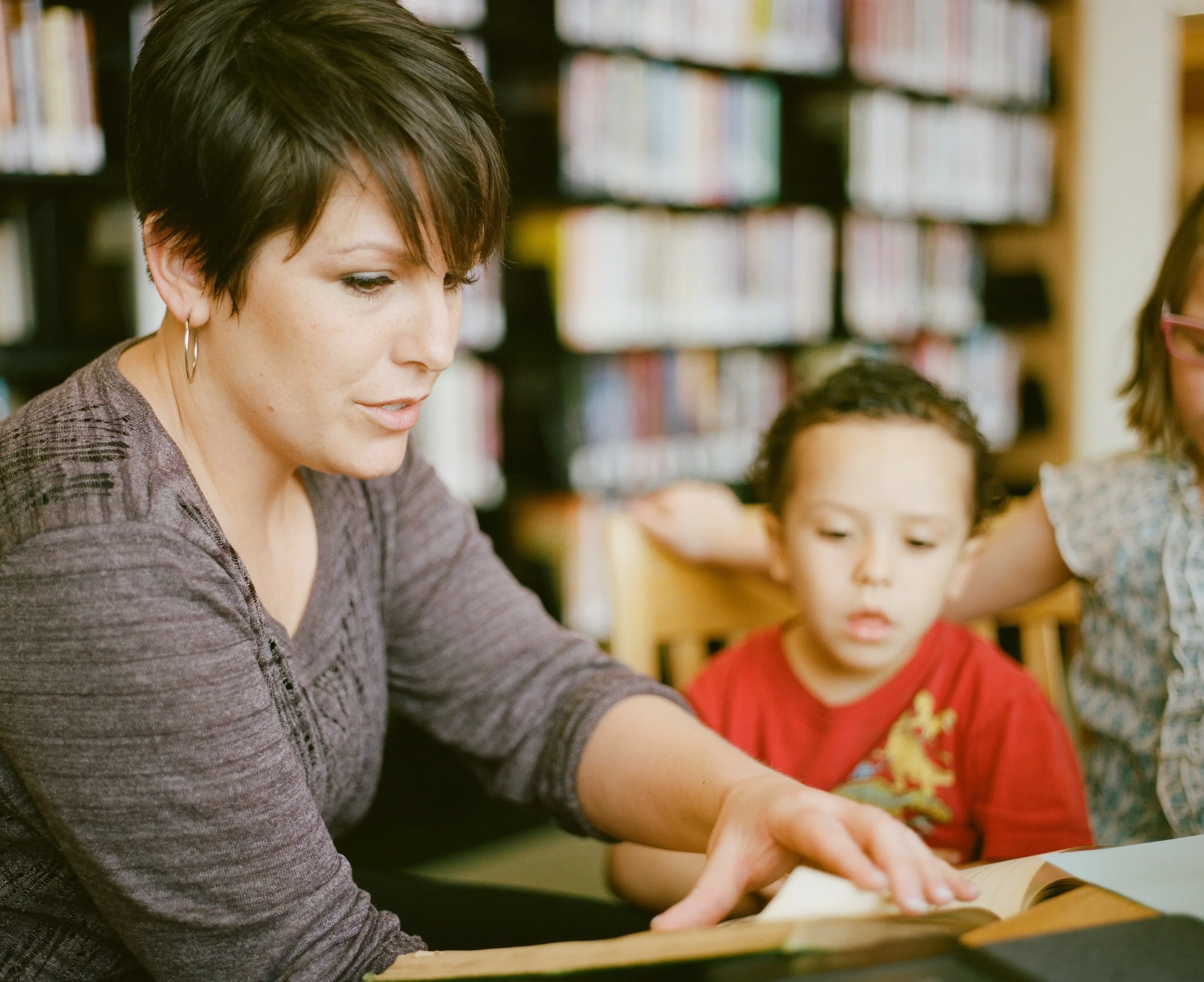In the wake of the budget, the Antipoverty Centre asked people on Centrelink payments – the real social policy experts – for their reactions. One said “This budget is democide. This is social murder. They cannot claim ignorance of the deaths that keeping the welfare rate below the poverty line will cause. A number of them have even said during parliament that the rate is far too low to survive on, but when it comes time to change it they chose not to.
Read MoreAfter the 2022 Federal Government budget, The Antipoverty Centre asked people on Centrelink payments – the real social policy experts – for their reactions. One example: “This budget is an exercise in austerity & cruelty for the poorest, most vulnerable Australians, but for the wealthiest Australians it's an exercise in government handouts.’
Read MoreAeryn Brown is a JobSeeker recipient from Tasmania. They authored the below open letter to social security minister Amanda Rishworth as part of the Break the Poverty Machine week of action, which will be held to mark the International Day to Eradicate Poverty on 17 October – one week ahead of the federal budget. People on low incomes and supporters can get more information and register to participate in the #BTPM protest (either online or in person in Adelaide) here: btpm2022.eventbrite.com.au
Read MoreMarcella Brassett from Democracy in Colour argues the national anti-racism strategy cannot be just another tick-a-box, saying “Black, Indigenous and People of Colour (BIPOC) have done our bit for diversity and inclusion ‘way out’ for white people with power. We need to act on every level to make Australia a safe place to live, work, build families and futures for everyone, not just Anglos.”
Read MoreToday’s piece explores the possibility of a uniquely Australian approach to stewardship in public policy informed by First Nations ways of knowing. It is by Andrew Morgan, who is a Sir Roland Wilson Scholar at ANZSOG and the Crawford School of Public Policy at ANU, with contributions from Craig Ritchie and Lisa Conway.
Read MoreToday’s blog post from Myfan Jordan (@myfan_jordan) of Grassroots Research Studio follows last week’s article describing workplace experiences for women over 40 during the pandemic: Pandemic or endemic: older women and the toxic workplace. Today, we hear the experiences of a disability educator and a healthcare worker during the pandemic. In their own words, they tell us of the psychological health and safety risks they experienced working at the frontline.
Read MoreIn today’s post, originally published in The Conversation in August, Michaela Lang, Rob Raven and Ruth Lane from Monash University discuss findings from research on how landlords make decisions that affect the energy efficiency of their rental properties. They argue that change is urgently needed to ensure Australians from all walks of life can live in comfortable, healthy and climate-resilient homes. And they call on governments to emphasise comfort and other benefits for tenants when introducing new energy-efficiency policies and incentives.
Read MoreMany women who experience family violence, many reach out to a healthcare professional. In today’s analysis, Dr Joyce Chia (@JoyceKWChia), Policy & Advocacy Lead at Health Justice Australia (@HealthJusticeAu), asks how we can better equip the health system to respond to violence against women and children. Health Justice Australia is a national not-for-profit centre of excellence that supports the expansion and effectiveness of health justice partnerships.
Read MoreChildren and young people continue to be sidelined in policy making, even as calls grow for their views and experience to be included. Sharon Bessel, director of the Children’s Policy Centre, and of the Poverty and Inequality Research Centre at the ANU, takes us through how children should be central to the move to a wellbeing budget and addressing poverty.
Read MoreSince Australia’s National Disability Insurance Scheme was created nearly ten years ago, its roll out has been closely scrutinised by governments, policymakers, researchers, and advocates. Dr Sue Olney, Dr Amber Mills and Liam Fallon discuss their research into how working-age people with disability without NDIS funding are faring. Their findings reveal a huge gap between talk and action on disability inclusion.
Read MoreSick of watching organisations and communities attempt to patch up the gaps in settlement services, Sandra Elhelw Wright, CEO of the Settlement Council of Australia (SCOA), argues for a bold new vision for multicultural Australia.
Read MoreAustralian governments have been hesitant to adopt comprehensive drug decriminalisation despite the overwhelming evidence that it will protect the most vulnerable. While the vast majority of people use drugs recreationally with little to no to no harm, some people experience health and interpersonal problems as a result of drug use. Allowing for these people to access support without fear of criminal sanction is the most effective way of reducing the harms drugs can have on individuals, their families and communities.
Read MoreForms are innocuous, dry, and often boring pieces of bureaucratic technology that most people consider as an inconvenience. But despite their relatively innocuous nature, forms play a critical role in the collection of information and often represent a filtering mechanism in gaining access to programs or support in the modern welfare state.
Read MoreGlobally 5% of people live with severe mental illness which includes schizophrenia, other psychotic disorders and bipolar disorder. Antipsychotic medication is the main treatment option and whilst helpful in controlling psychotic symptoms, they can cause debilitating side-effects. This may lead individuals to abruptly stop medication, without the knowledge of clinicians, which for many increases the likelihood of relapsing.
Read MoreInnovation is at the heart of plans to reform adult social care across the four UK nations. In this blog, Nuffield Foundation POST Fellow, Katherine Davis explains that conversations with people who have experience of adult social care are vital to effective innovation.
Read MoreIt’s Refugee Week; Australia’s peak annual activity to raise awareness of the issues affecting refugees and to celebrate positive contributions made by refugees to Australian society, coinciding with World Refugee Day on June 20.
Jane McAdam, Scientia Professor of Law and Director of UNSW’s Kaldor Centre for International Refugee Law, reflects on the opportunity before the new federal government to reset Australia’s refugee policies. This opinion piece was originally published in The Age on 30 May 2022.
Read MoreDr Kim Moloney (@Global_Academic) of Hamad Bin Khalifa University shares a preview of her new book Who Matters at the World Bank: Bureaucrats, Policy Change, and Public Sector Governance, which tells the story of civil servant influence and the rise of public sector reform at the World Bank (read a sample chapter here).
Read More




















